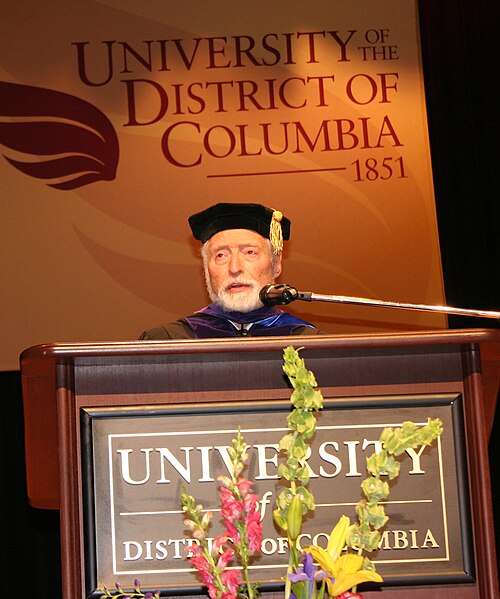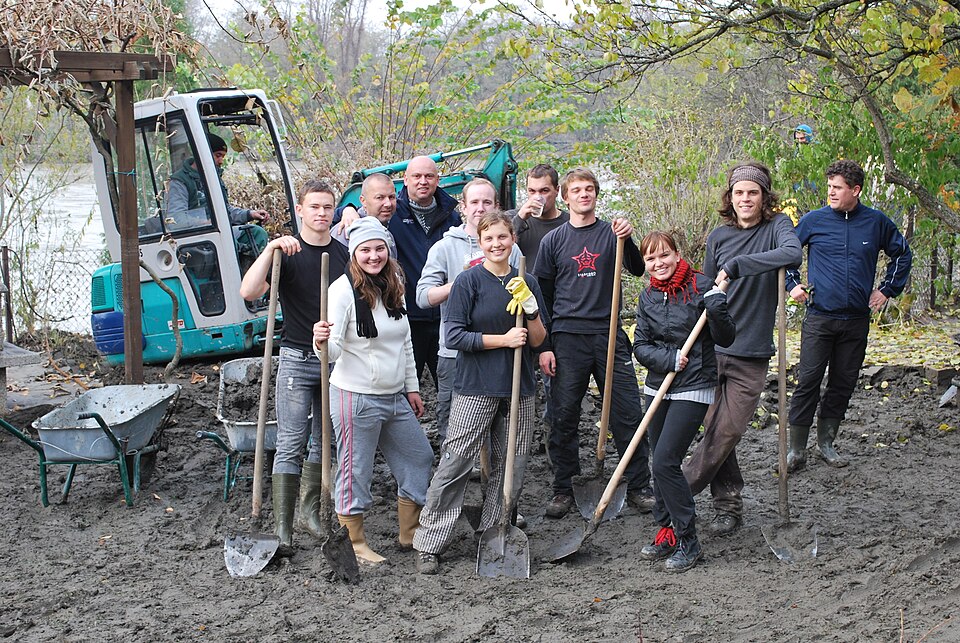Time Is the New Money
Time banking is easing financial strain and promoting societal health.
Introduction
In an economy driven by competition and self-interest, it’s easy for societal problems like unemployment, substandard quality of care in retirement facilities, and food insecurity to worsen. These economic factors also lead to many households struggling to afford essential services, such as home repairs, tutoring, and treatment for mental or physical illnesses.
A cooperation-based exchange system called time banking offers viable solutions to some of these issues. It has helped feed houseless people, matched asylum seekers and refugees with social integration mentors, provided care for the elderly, reduced juvenile crime recidivism rates, and facilitated ex-convicts’ transitions back into society. It also provides cost-free access to services, such as music lessons, gardening, cooking, tech support, yoga classes, and dog walking.
The process is simple: Members of digital time banks such as TimeRepublik and hOurworld earn credits (sometimes known as Time Dollars) by providing services like housepainting, haircutting, or legal counseling. In most cases, the basic currency unit is one hour, though certain time banks use smaller denominations of time. Every one-hour credit can be spent on a service offered by another time bank member.
Unlike barters, time banking transactions aren’t necessarily exchanges between two parties. Participants typically contribute their skills to a different time bank member than the one who has performed a service for them. They can also choose to offer their time without receiving anything in return. Many time banks have community pots that are used to donate surplus credits to individuals, group projects, and events.
All services are valued equally within this system. For instance, an hour spent fixing a car has the same worth as an hour of babysitting, grocery shopping, dentistry, massage, or tax preparation assistance.
“By valuing everyone’s contributions equally, we are able to help people rethink the way that our money economy differentiates what is and isn’t important,” says Alice Bagley, operations director at Michigan Alliance of TimeBanks. She adds that this system is “a great way to acknowledge the value that folks who are often forgotten by society bring to our communities, including people with disabilities, elders, immigrants, and young people.”
Bagley mentions a 95-year-old woman who runs the book club for a time bank in southwest Detroit. “That’s the way that she’s able to contribute to the community. It keeps her engaged and connected to other people, [including those] she might not meet otherwise.”
A Brief History of Time Banks
Precursors to modern time banks have existed at least as far back as the 19th century. One notable example was the Cincinnati Time Store, whose customers bought goods with “labor notes” symbolizing agreements to perform work. Between 1827 and 1830, the shop gradually became one of Cincinnati, Ohio’s most successful businesses.
Japanese author, activist, and seamstress Teruko Mizushima, who bartered sewing services for vegetables during the Pacific War, created the Volunteer Labour Bank in 1973 in Osaka. Widely considered the world’s first time bank, this establishment garnered a membership of approximately 2,600 within its first five years. By expanding to the United States in the early 1980s, it became history’s first international time bank.

Civil rights activist and law professor Edgar S. Cahn is broadly regarded as “the father of time banking.” A former speechwriter for Robert Kennedy, when he served as the attorney general, he created the Time Dollar in the early 1980s. As the co-author of the book, Time Dollars, Cahn helped popularize the concept of time-based currency. In 1995, he founded the Time Dollar Institute (later renamed TimeBanks USA and then TimeBanks.Org).
Inspired by TimeBanks.Org’s example, social activist Martin Simon founded Timebanking UK in 2002. According to that organization’s website, its members had exchanged 6 million hours across the UK by March 2021.
Thousands of time banks now operate throughout at least 37 countries. 500 or more can be found throughout 40 U.S. states, some with more than 2,000 members.
Community Trust
Along with enabling participants to save money and access services that would otherwise be prohibitively costly, time credits are tax-exempt, do not expire, and are inflation-resistant. Because they are all valued equally, their holders are not subject to wage gaps or discrimination based on factors such as age, gender, ethnicity, sexual orientation, or education level.
The time banking system also helps minimize resource consumption and generation of waste, and research suggests that it promotes better mental and physical health by fostering feelings of belonging and usefulness, reducing social isolation and loneliness, and building community.
Bagley says she has seen time banking bring together people of all ages, income levels, ethnicities, and educational backgrounds. “When you are asking someone for help or you’re helping someone, it takes a certain amount of vulnerability to do that,” she explains. This, she feels, allows for increased connection. “If you’re mowing someone’s lawn, or if someone’s helping you clean out your garage—even these really simple exchanges—it creates this deeper sense of trust that I think builds community in a very effective way.”
She adds that many of our local and global interactions are based on fear and mistrust of people we don’t know. “Participating in a time bank helps people to build trust and to realize the ways in which we can actually rely upon others to meet our needs.”



